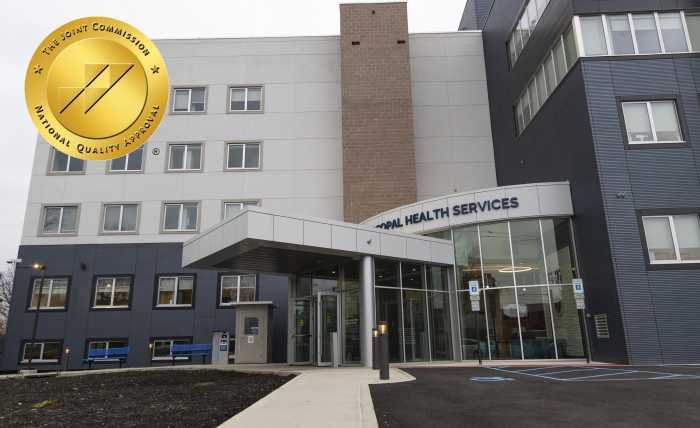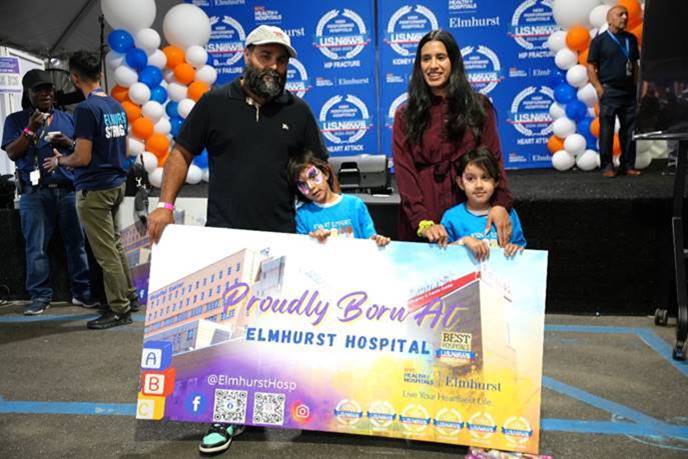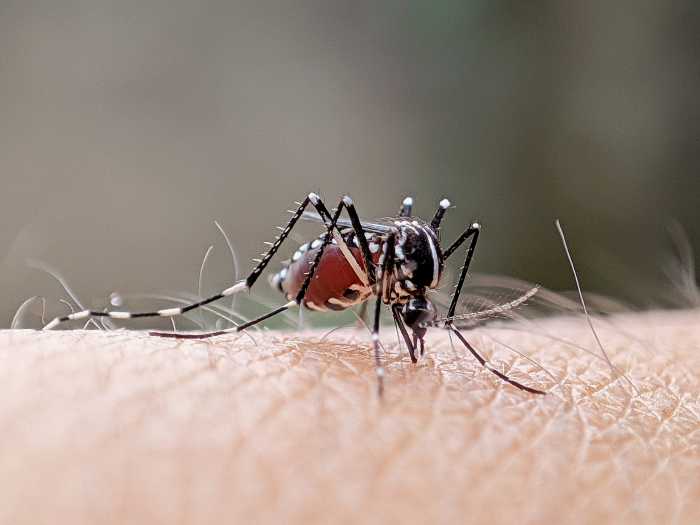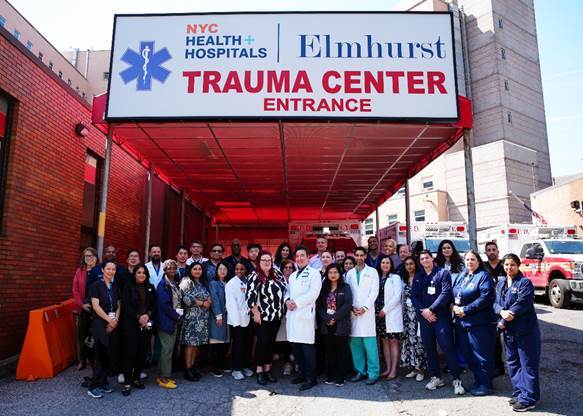Most seniors tell us that if they become ill or require long-term care and assistance, they want to remain at home. As a result, it becomes necessary to obtain some type of home care for as long as the individual can safely be managed at home.
Home care is expensive, especially if it is needed for an extended period of time. It can be paid for privately, or can be covered either by Medicare or Medicaid. In order to qualify for community Medicaid, an individual may not have assets in excess of $13,050 and a home in which one resides.
Many seniors are not aware that transfer of asset penalties do not apply to home care Medicaid applicants. Hence, an individual may transfer/gift any amount of money and be subsequently eligible for home care Medicaid the following month. New York State, unlike many other states, has a generous home care Medicaid program.
There are two different types of home care services—home health aide and personal care services. Medicare pays for up to 35 hours per week of home health aide services only if a patient requires some type of skilled nursing services or therapy. Medicaid, on the other hand, pays for up to 24 hours of non-skilled or so-called “custodial” care.
An individual may require either a home health aide or a home attendant, depending upon the type of assistance needed. Home health aides are permitted to provide more hands-on care to a client. While they cannot perform skilled nursing tasks (i.e., inserting or irrigating tube feeding) they can, for example, perform tasks such as applying prescription medication to skin, setting oxygen gauges, and irrigating a catheter. Home attendants, on the other hand, provide either housekeeping or personal care assistance with custodial tasks such as bathing, grooming, feeding, toileting and walking.
A home health aide is provided by a certified home health agency (CHHA). Home attendants or “personal care aides” in New York City are provided by the Human Resources Administration (Medicaid agencies) through offices known as Community Alternative Systems Agencies (CASAs). Outside of New York City, home attendants are typically provided by the local departments of social services.
The Medicaid application process is different for a home health aide and a home attendant. The CHHA does its own assessment of an individual to decide whether care is needed and how much. The CHHA sends its own nurse to evaluate the patient and determine how many hours to put in place. The Human Resources Administration and local departments of social services decide how many hours of home attendant care a client requires.
Once it is determined what type of services are needed, an elder care attorney can advise a client how to become Medicaid eligible. Once the client is eligible, the attorney can submit the Medicaid home care application on behalf of the client either through the CHHA, CASA or department of social services. If applying through a CASA or department of social services, the attorney facilitates completion of the necessary medical request for home care, indicating the specific reasons for the individual’s need for care.
Ronald A. Fatoullah, Esq., CELA (certified as an elder law attorney by the National Elder Law Foundation), is the principal of Ronald Fatoullah & Associates, a law firm that concentrates in elder law, estate planning, Medicaid planning, guardianships, estate administration, trusts and wills. The firm has offices in Forest Hills, Great Neck, Manhattan, Brooklyn and Cedarhurst, NY. Mr. Fatoullah has been named a “fellow” of the National Academy of Elder Law Attorneys and is a former member of its Board of Directors. He also serves on the Executive Committee of the Elder Law Section of the New York State Bar Association. Mr. Fatoullah chairs the Legal Committee of the Alzheimer’s Association, LI Chapter and serves on its Board of Directors. He is also a co-founder of the Senior Umbrella Network of Queens, and currently serves on its Board of Directors. This article was written with the assistance of Stacey Meshnick, Esq., a senior staff attorney at the firm. Mrs. Meshnick supervises the Medicaid department at the firm. The firm can be reached by calling 718-261-1700, 516-466-4422 or toll free at 1-877-ELDER-LAW or 1-877-ESTATES.


































